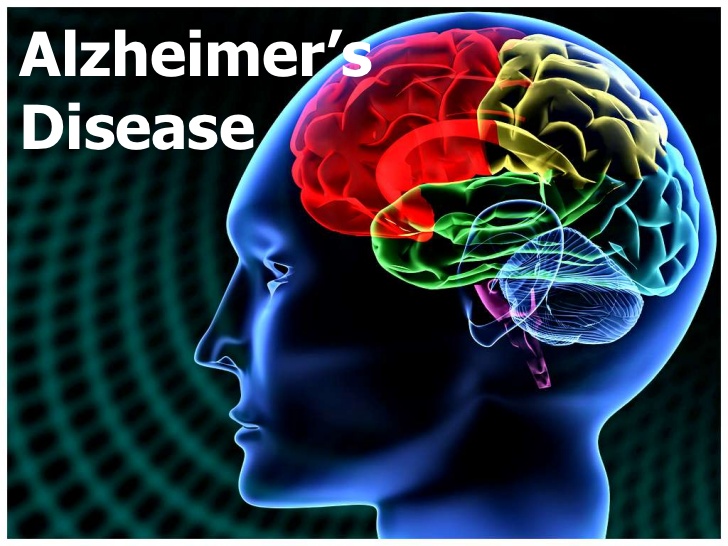Alzheimer’s Disease.
Alzheimer’s disease is a degenerative brain disorder. It is a progressive disease that destroys memory and other important mental functions. It is the most common form of dementia that usually starts in middle age or in old age results in impaired thinking, disorientation and changes in personality and mood.
Causes of Alzheimer’s disease:
Alzheimer’s disease is thought to be caused by the abnormal build-up of proteins in and around brain cells. One of the proteins involved is called amyloid, deposits of which form plaques around brain cells. The other protein is called tau, deposits of which form tangles within brain cells. As brain cells become affected there’s also a decrease in chemical messengers involved in sending messages or signals between brain cells. The genes inherited from parents can be the causes of developing Alzheimer’s disease although the actual increase in risk is small.
Symptoms :
The first symptoms is problems with vision or language rather than memory. The symptoms of Alzheimer’s diseases progress slowly over several years. The rate of symptoms progress is different for each individual. Different areas of the brain shrink over time. The first areas usually affected are responsible for memories.
Stages of Alzheimer’s diseases:
The symptoms of Alzheimer’s disease are divided into 3 main stages.
Early stage:
In the early stage, the main symptom of Alzheimer’s disease is memory lapses, forget about recent conversation or events, misplace items, forget the name of places and objects, trouble thinking of the right word,poor judgement or find it harder to make the right decision,and less flexible.
Middle stage:
As Alzheimer’s disease develops, memory problems will get worse.
- increasing confusion and disorientation.
- obsessive, repetitive or impulsive behaviour
- changes in mood, such as frequent mood swings, depression and feeling increasingly anxious, frustrated or agitated
- difficulty performing spatial tasks, such as judging distances
- seeing or hearing things that other people do not (hallucinations)
By this stage, someone with Alzheimer’s disease usually needs support to help them with everyday living.
Last stage:
In the later stages of Alzheimer’s disease, the symptoms become increasingly severe and can be distressing for the person with the condition, as well as their friends and family. Hallucinations and delusions may come and go over the course of the illness, but can get worse as the condition progresses. Sometimes people with Alzheimer’s disease can be violent, demanding and suspicious of those around them.
- difficulty eating and swallowing.
- gradual loss of speech
- significant problems with short- and long-term memory
In the severe stages of Alzheimer’s disease, people may need full-time care and assistance with eating, moving and personal care.
Treatment
There’s currently no cure for Alzheimer’s disease . A number of medicines are prescribed for Alzheimer’s disease to help temporarily improve some symptoms. The main medicines are :
- Acetylcholinesterase (AChE) inhibitors :These medicines increase levels of acetylcholine, a substance in the brain that helps nerve cells communicate with each other.
- Memantine : It works by blocking the effects of an excessive amount of a chemical in the brain called glutamate.
As the exact cause of Alzheimer’s disease is still unknown, there’s no certain way to prevent the condition. But a healthy lifestyle can help reduce your risk.





